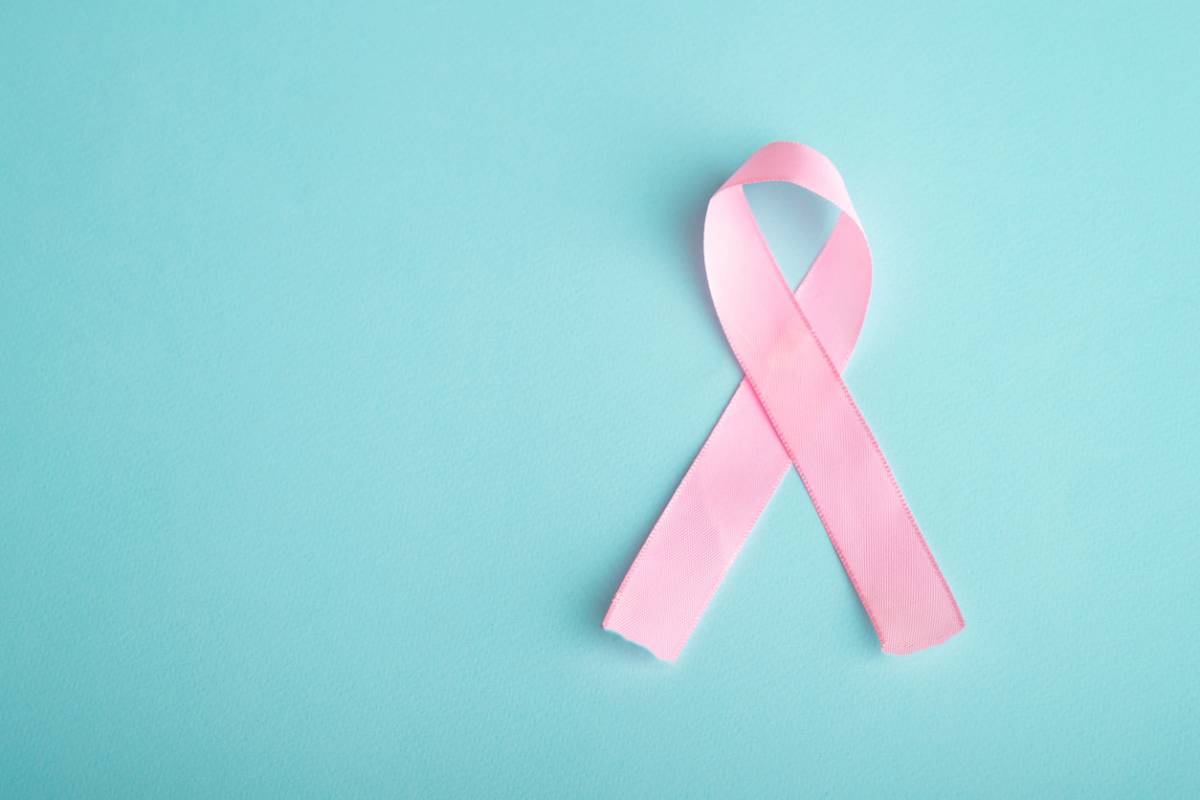According to breastcancer.org, fertility treatments seem to affect breast cancer risk in younger women who succeed in conceiving. These findings are from a July 12, 2012, study by the Journal of the National Cancer Institute. Women whose fertility treatments resulted in conception were found more likely to develop breast cancer than those who did not conceive.
Factors for Higher Breast Cancer Risk
For many, the risks of cancer are hereditary. But many factors throughout one’s life can also contribute to a higher risk of breast cancer, especially in those who are aging or battling with their health. One thing your breast cancer specialist in Austin wants you to know is that even if you have a high risk of getting cancer, that does not guarantee that you will get it. There are many steps you can take to prevent the further development of risk. Factors for Higher Breast Cancer Risk Today, Breast Institute Austin will highlight some of the major factors for higher breast cancer risk that we have monitored in our patients. Some risk factors can be reversed or reduced, while others may be permanent. Get in touch with your doctor to find out how you can get the best care. Flexible Risk Factors There are several factors that may …






